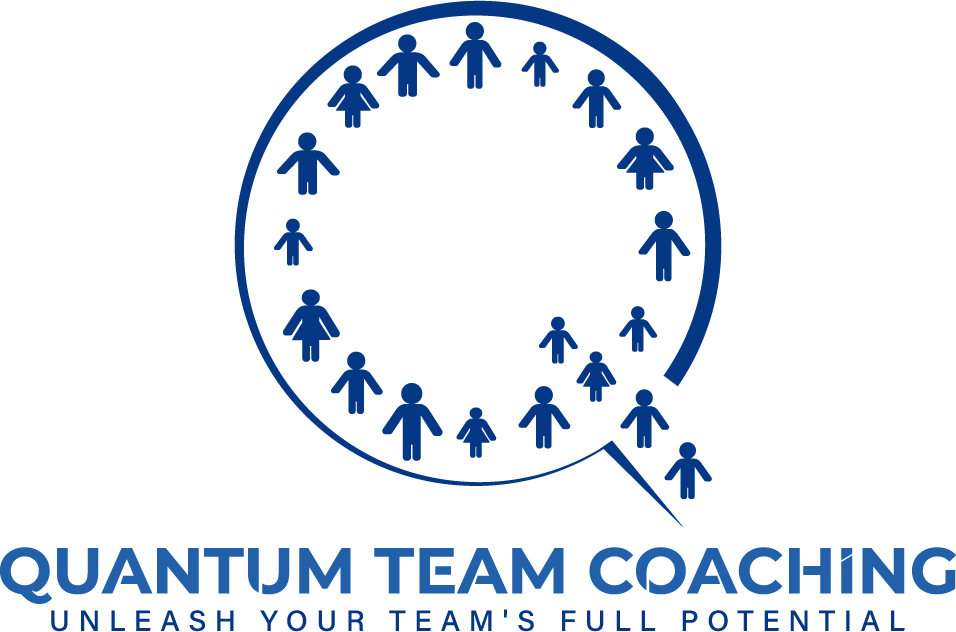In today’s fast-paced work environment, building a high-performance team is crucial for achieving better outcomes and increasing productivity. One of the most effective tools for this is team coaching. Unlike traditional training methods that focus solely on technical skills, team coaching emphasizes the development of soft skills, which are often the true drivers of team success. Although these skills might not be directly measurable, their impact on outcomes is profound.
The Role of Team Coaching
Team coaching is designed to enhance collaboration, communication, and trust among team members. By focusing on these areas, team coaching creates an environment where individuals can work together more effectively, aligning their efforts toward a common goal. The result is a team that not only functions more smoothly but also achieves higher levels of performance.
Improving Communication
One of the key benefits of team coaching is its ability to improve communication within the team. Effective communication is essential for any team to function well. It ensures that everyone is on the same page, reduces misunderstandings, and fosters a culture of openness and transparency. Through team coaching, members learn to articulate their ideas clearly, listen actively, and provide constructive feedback. This leads to more meaningful interactions and a more cohesive team.
Aligning with Mission and Vision
Team coaching also plays a crucial role in helping teams understand and internalize the organization’s mission and vision. When team members have a clear understanding of the bigger picture, they can align their individual goals and actions with the organization’s objectives. This alignment not only enhances motivation but also ensures that everyone is working toward the same end. Team coaching helps bridge the gap between individual contributions and the overall mission, creating a more unified and purpose-driven team.
Deeper Understanding of Values
Values are the foundation of any organization, guiding decision-making and behavior. However, it’s not enough for team members to simply know these values—they must also understand how to live them out in their daily work. Team coaching fosters a deeper understanding of organizational values by exploring how they relate to the team’s actions and decisions. This connection between values and actions helps create a more cohesive team culture, where everyone is committed to upholding the same principles.
Enhancing Planning and Conflict Resolution
Planning and conflict resolution are two critical areas where team coaching can make a significant impact. Effective planning ensures that tasks are prioritized and resources are allocated efficiently, leading to better outcomes. Through team coaching, members learn to collaborate on creating strategic plans that align with the team’s goals and the organization’s mission.
Conflict, on the other hand, is an inevitable part of team dynamics. However, how a team handles conflict can either make or break its success. Team coaching equips members with the tools they need to resolve conflicts constructively, turning potential roadblocks into opportunities for growth. By fostering a culture of open dialogue and mutual respect, team coaching helps teams navigate conflicts in a way that strengthens, rather than weakens, their cohesion.
Thriving as a High-Performance Team
Ultimately, the goal of team coaching is to help teams thrive by improving their overall dynamics and performance. By developing soft skills such as communication, understanding of mission and vision, values alignment, planning, and conflict resolution, team coaching creates a strong foundation for sustained success. The results may not be immediately measurable in terms of the soft skills themselves, but the positive outcomes in terms of productivity, collaboration, and team morale are undeniable.
Conclusion
Team coaching is a powerful tool for building high-performance teams. It goes beyond the development of technical skills to focus on the soft skills that truly drive success. By improving communication, aligning with mission and vision, deepening the understanding of values, and enhancing planning and conflict resolution, team coaching helps teams work more effectively and achieve better outcomes. In a world where collaboration and trust are key to success, team coaching is an essential investment for any organization looking to build a high-performance team.






